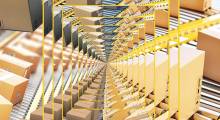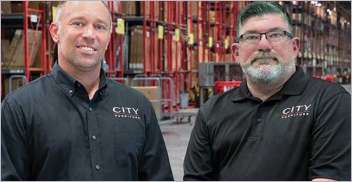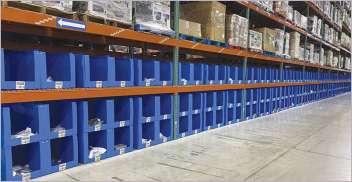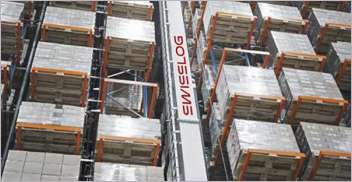Jeff Rufener
Title: President of the Industrial Truck Association (ITA); vice president of marketing for Mitsubishi Caterpillar Forklift America (MCFA)
Web site: http://www.indtrk.org; www.mcfa.com
Experience: More than 30 years in sales and marketing; nearing the end of a two-year term as president of ITA.
Duties: To represent the interests of the manufacturers who comprise the lift truck industries, including marketing, engineering and regulatory areas, and trade-related issues.
Modern: The lift truck industry was hard hit during the recession, but 2010 was “wow.” How do things look in 2011?
Rufener: We were up 40% in 2010 over 2009, and so far for 2011 we’re 35% better than last year. That’s a marked difference from 2009, when we were down about 50% from our peak. We’re a capital goods industry and business stopped that type of spending in 2009. A strong recovery in the manufacturing sector has lead the return to spending for now.
Modern: We understand there’s been a surge in the purchase of electric trucks. What’s driving that trend?
Rufener: Over the last five years there has been a significant shift in the types of lift trucks sold toward electric. Some of that has been the result of the economy. It’s pretty common to see a shift toward electric trucks during a downturn. That’s because larger companies tend to use electric and they tend to weather downturns better than smaller companies because they remain committed to capital investment plans. Also, industries like food and beverage tend to be more resilient and they buy electric trucks. That said, I think there are some factors at work that suggest the trend is more long lasting. For example, in 2005, about 55% of the industry’s orders were electric. In 2009, it was 69%. The percentage has pulled back a little this year, but the cost of fossil fuel is going up, there is increased concern of the environmental impact of fossil fuels, and we’re seeing improvements in electric technology. That’s why I think it’s a permanent trend and not connected to the economic cycle.
Modern: Fuel cells have received a lot of attention lately. Are they viable today and what are the promise and limitations of fuel cells?
Rufener: When it comes to fuel cells, there are differing opinions in the industry. From a technical standpoint, fuel cell technology has proved itself. For that reason, I think fuel cells of some sort will be a part of the landscape in the future. However, that will be further out than the next few years. Commercialization has to occur and be independent of government support. Right now, the hydrogen fuel cell industry can’t sustain itself. The fuel infrastructure also has a long way to go; yes the technology works, but getting hydrogen to a facility can be an issue. That’s a part of this puzzle that has to be solved as well.








